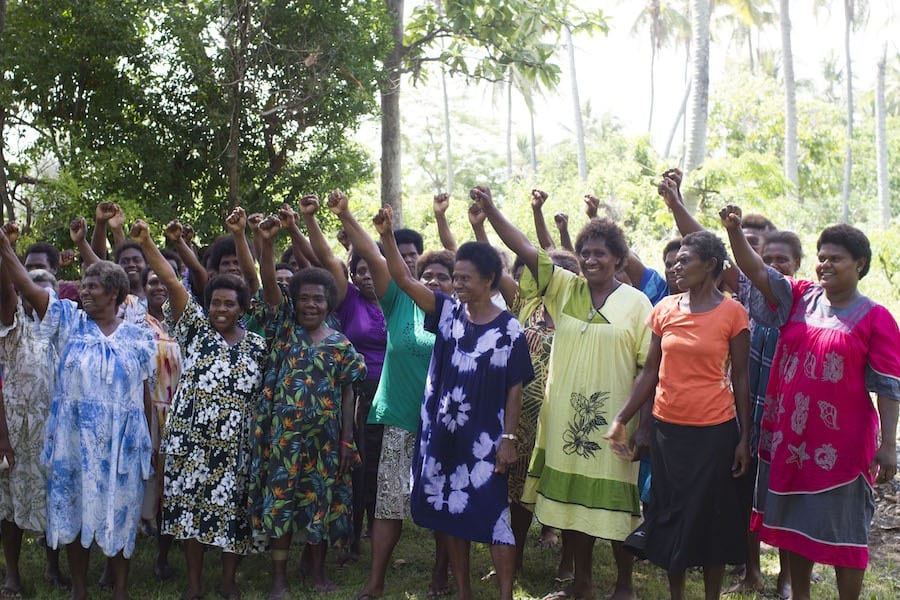While the fires have been put out, the climate crisis is far from over. Some countries now have a triple burden of multiple crises – where the impacts of climate change have intersected with a deadly pandemic and the prospect of a growing global debt.
In Southern Africa, 45 million were already facing starvation before COVID-19 hit, as temperatures rise at twice the global rate and crops fail. Now the region, which pays $44 trillion in debt repayments every year at the expense of investments in health and education, confronts the prospect of increasing its unsustainable debt burden to urgently save the lives of its people.
Last year, scientists warned that catastrophic climate change was inevitable if governments did not urgently reduce carbon emissions – yet we saw little global leadership of the magnitude that was required.
In fact, over the past few years, Australia has paved the way for its fossil fuel industry to rapidly expand into Africa. The projected global emissions from our operational projects in low-income countries are five times that of our annual domestic emissions.
Climate leadership in this country is severely lacking from both major parties, and we cannot allow a health crisis to stand in the way of the urgent action needed to protect this planet and its people.
Women around the world are already rising to the challenge of climate leadership, from Zali Steggall’s call for a Climate Change Act to drive more urgent action amidst bipartisan failure; to Greta Thunberg’s mass mobilisation of young people globally.
In neighbouring Vanuatu, women have learnt how to interpret weather patterns and have established Women Wetem Weta (Women’s Weather Watch) which distributes early warning messages in the local language via SMS to more than a quarter of the population. (They also used the WWW network to send Vanuatu’s first public health message for COVID 19.) These inspiring efforts are showing us real leadership in face of climate and health crises.
COVID-19 has already shown us it is possible to take urgent and radical action on a global scale.
Now as we look at how to lift economies out of recession, we have an unprecedented opportunity to drive radical change towards an economy that cares for people and planet.
Responding to the climate crisis should be at the forefront of our economic recovery from COVID-19 by investing in low carbon industries and the creation of green jobs. We can accelerate a just transition away from fossil fuels rather than continuing to prop up an industry that is well past its expiry date. Every investment in stimulus should be measured by its direct benefit to reducing carbon emissions and protecting the most vulnerable in our economies. We have to challenge economic stimulus that will lock in carbon pollution for decades to come.
Women can and already are leading the way to a more sustainable future. This is our moment to drive change on a scale we have never seen before, and it calls for collective and coordinated action to demand greater accountability and transparency from our leaders.
We are in this together, but the stakes are much higher than we think.
Michelle Higelin is the Executive Director of ActionAid Australia. Read about ActionAid’s work supporting women’s leadership on the frontlines of crisis: www.actionaid.org.au
Women’s Agenda recently ran an online panel session with ActionAid on women leading on climate action, Speakers included Zali Steggall, the independent Federal Member for Warringah, Carol Angir, the Program Manager for Women’s Rights in Emergencies at ActionAid, and Kim McKay, environmentalist, author and CEO of the Australian Museum. The session was moderated by Women’s Agenda’s Angela Priestley. Watch below.


